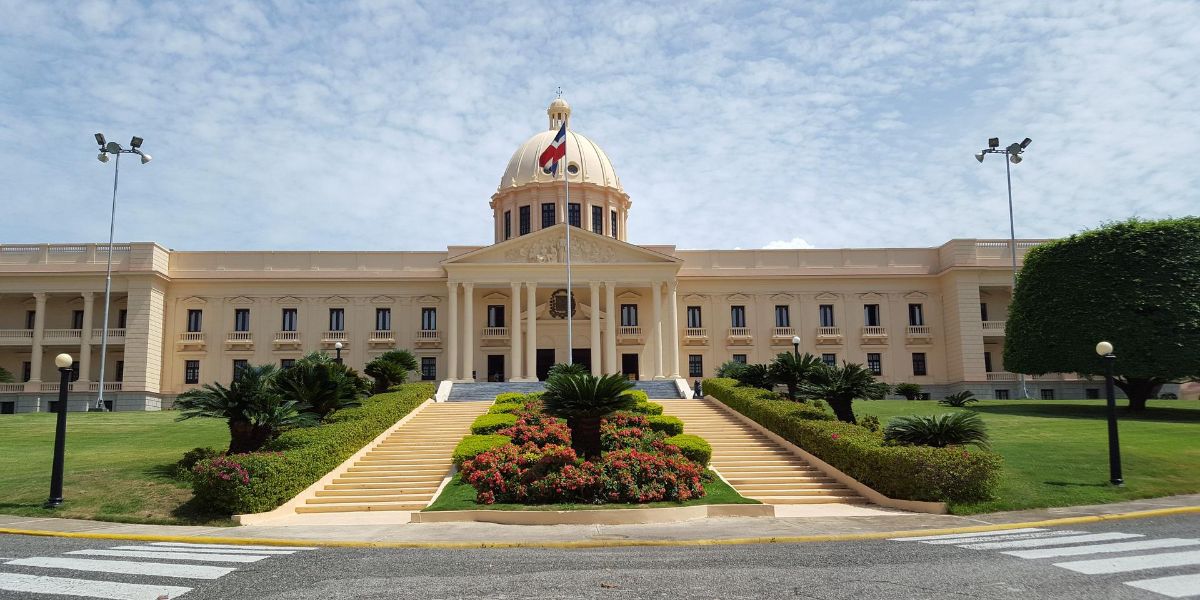The Dominican Republic introduced a draft Law on Fiscal Modernization aimed at modernising its tax system and increasing revenue on 8 October 2024.
The reform is reviewing tax incentives for sectors like tourism and cinema, and it will introduce a new income perception system and mass audits to address tax evasion, particularly among those avoiding the 18% ITBIS tax.
The plan includes applying income tax and VAT to services provided from abroad, particularly via internet-based platforms, when used by consumers in the Dominican Republic. VAT exemptions for commercial and tourist lodging rentals through online platforms will be removed, except for housing rentals classified under the Dominican Civil Code. Revenues from e-commerce, including sales and technical assistance by foreign sellers to Dominican consumers, will be treated as Dominican-sourced income.
The assumed income rate has been increased for foreign transportation, insurance, and reinsurance companies from 10% to 15%.
An income tax exemption has been introduced for individuals and legal entities on dividends from non-resident entities subject to a minimum 10% withholding tax (matching the Dominican Republic’s domestic withholding tax rate on dividends). If the withholding tax rate is below 10%, a tax credit will be granted up to the 10% threshold.
The amendment to advance income tax payment requirements introduces several important changes. First, individuals and microenterprises will be exempt from making advance payments. For small enterprises, four quarterly advance payments will be required based on 40% of the tax due from the previous year. The payment schedule includes a first payment of 5% of the tax due, followed by two payments of 10% each, and a final payment of 15%. Medium enterprises will also make four quarterly advance payments, but these will be based on 60% of the tax due from the prior year. Their payment structure consists of two payments of 10% each, followed by two payments of 20% each. Large enterprises will follow similar rules, making equal monthly payments based on either 100% of the tax due from the previous year or 1.5% of their gross income from the prior year, provided their effective tax rate was 1.5% or lower.
In the event of a significant reduction in income during the current year, taxpayers may request a total or partial exemption from advance payments. This request must be submitted at least 15 days before the due date.
Additionally, VAT will be applied to low-value goods (LVG) imports, with a cost, insurance, and freight (CIF) value of USD 200 or less. VAT will be calculated based on the CIF value, including for non-commercial items.
Finance Minister Jochi Vicente announced that the reform would raise taxes on alcoholic and sugary beverages. The alcohol tax will increase to DOP 840 per degree of alcohol, and sugary drinks will be taxed up to 58 cents (USD 0.01) per 100 millilitres.
The government will expand the “Aliméntate” social programme by 21%, increasing payments to DOP 2,000 per month. Additionally, the minimum wage in the public sector will rise from DOP 10,000 (USD 167) to DOP 15,000 (USD 250).
Infrastructure projects, including a metropolitan train in Santo Domingo and a monorail in Santiago, are part of the reform. Over 20,000 security agents will be hired, and 116 new police stations will be built.
The provisions will take effect upon publication, except for LVG regulations, which allow 120 days for implementation.













